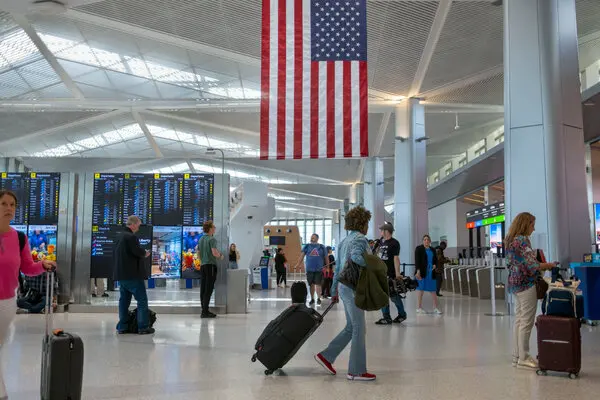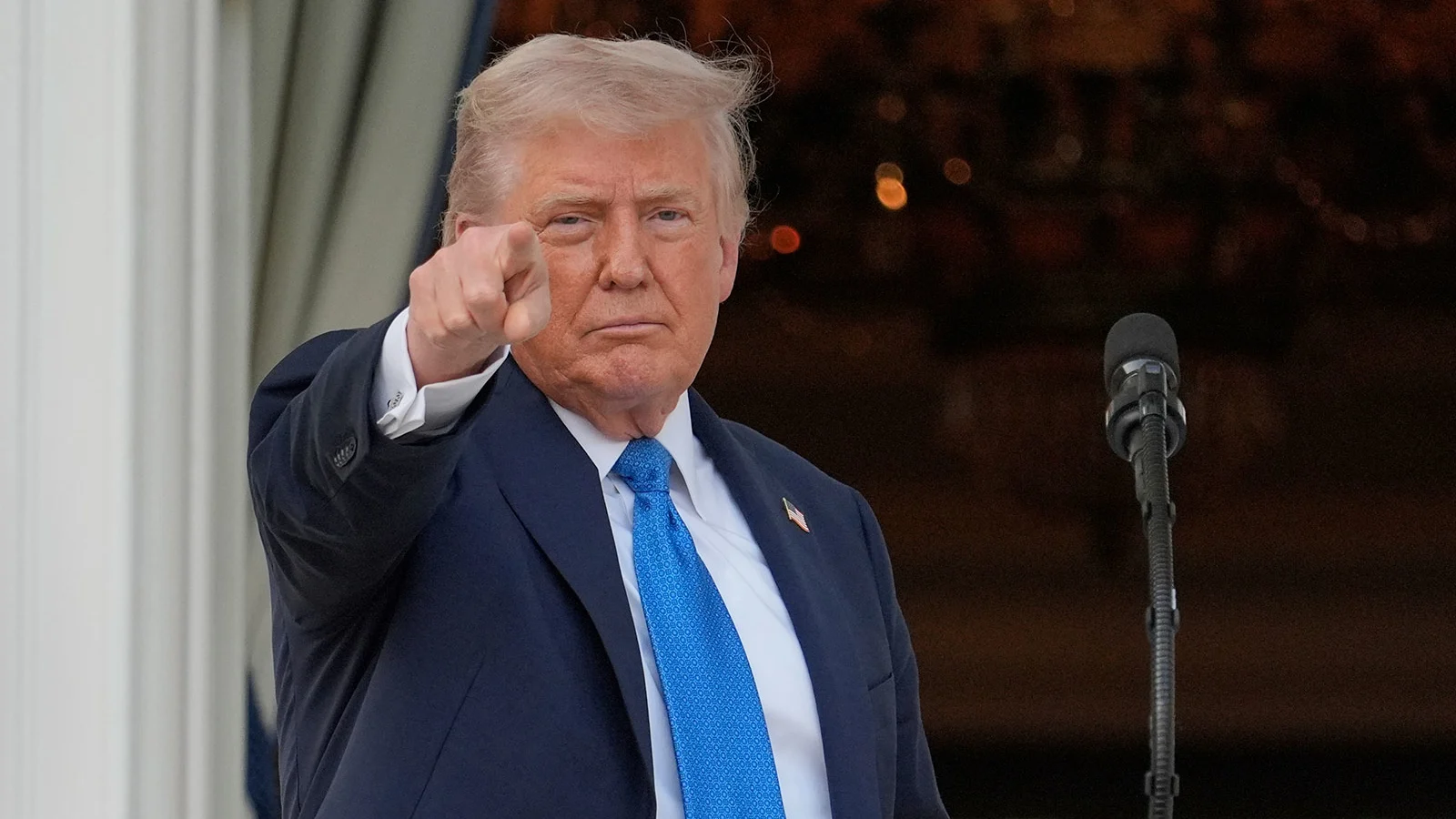President Donald Trump just reignited controversy by signing a sweeping travel ban — this time targeting 19 countries.
Twelve nations, including Afghanistan, Iran, and Libya, face a full entry ban.
Seven others, like Cuba and Venezuela, are hit with partial restrictions.
“Protecting Americans from dangerous foreign actors,” the White House says.
According to Trump, this isn’t about blanket bans — it’s “country-specific,” targeting places with poor vetting, high visa overstays, or lack of threat-sharing.
Critics Push Back Hard
Shawn Vandiver of #AfghanEvac called it a “strategic move” that unfairly punishes those “seeking lawful entry.”
And Oxfam’s CEO Abby Maxman slammed it as a return to “fear, discrimination, and division.”
Ironically, the decision came days after an antisemitic attack in Boulder — a tragedy that reportedly accelerated Trump’s signing.
“We will not allow people to enter our country who wish to do us harm,” Trump declared in a video, warning more nations could join the list.

Exceptions exist for visa holders, green card carriers, and national interest cases.
But for many, this ban is personal — a blockade between safety and uncertainty.
As global tensions simmer, one thing’s clear: the travel ban debate is back, and it’s louder than ever.





